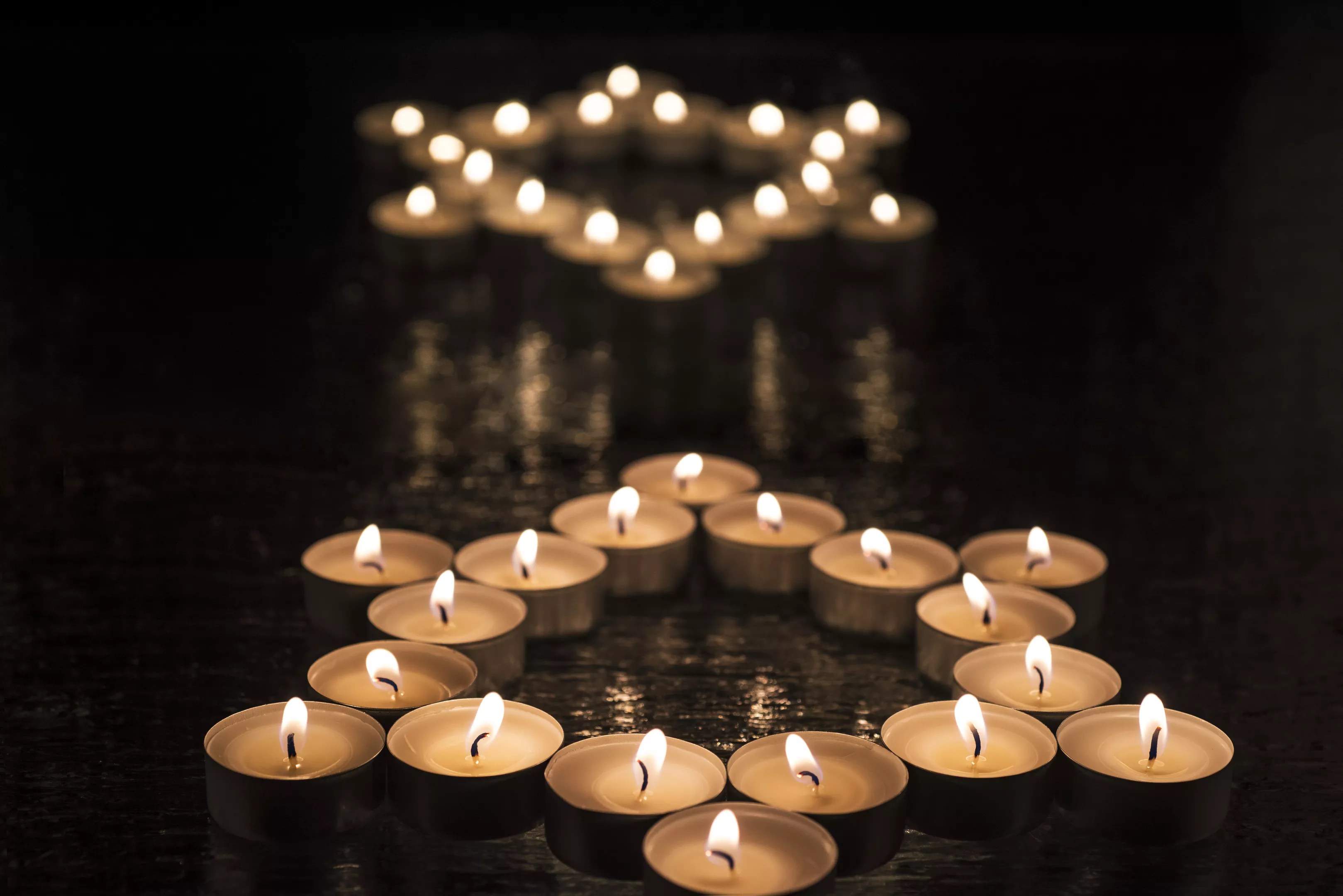
iStock

Audio By Carbonatix
Minutes before a weekly Torah study, hurried footsteps flooded the halls of Congregation Har HaShem the morning of Saturday, December 16. But rather than its usual worshipers, the Boulder synagogue was filled with police officers feverishly searching the building for a bomb.
Har HaShem is one of several Colorado synagogues that received an emailed bomb threat over the weekend as part of a coordinated hoax that targeted between 200 and 400 Jewish institutions throughout the country, according to estimates from Jewish nonprofits.
Har HaShem Executive Director Alan Friedman says this was the first threat the synagogue has received, but he’s been expecting it for months.
Since the Israel-Hamas war began on October 7, incidents of anti-Semitic threats and attacks have become more and more common in the United States, and Colorado specifically. Over 350 anti-Semitism-related incident reports and calls have been made to the Anti-Defamation League from the Centennial State this year.
“It was more of not if, but when a bomb threat would be called into our synagogue,” Friedman tells Westword.
Threats were also reported over the weekend in California, Arizona, Connecticut, Washington and other states. The FBI is investigating the incidents and has not yet found any to be credible. Since it is an ongoing investigation, the bureau declined to specify how many Colorado synagogues were threatened.
The Anti-Defamation League believes “at least five” Colorado Jewish institutions received the bomb threat. Friedman says it was six throughout the state, including a few synagogues in Denver. He says the email Har HaShem received was “generic,” stating that there was a bomb inside the synagogue that would go off in a couple of hours.
“Even though I know that these disruptions and threats are happening around the country…it can be scary when it hits home,” Har HaShem’s Rabbi Fred Greene said in a message to his congregation on Saturday. “This threat was designed to stoke fear and anxiety in Jewish communities.”
Reports of anti-Semitism were already rising in Colorado before the Israel-Hamas war began. In 2022, there were 317 hate crimes committed in the state – an all-time high, according to the FBI. More than half of the religious-based hate crimes that year targeted Jewish victims, despite Jewish Coloradans accounting for only around 2 percent of the state population, according to the ADL.
Since the war began, Colorado has seen a “significant surge” in anti-Jewish incidents, says Jeremy Shaver, senior associate regional director for the ADL Mountain Region.
Colorado-based anti-Semitic incidents reported to the Anti-Defamation League rose from 57 in 2017 to 71 in 2022, peaking at 92 in 2021. This year, Colorado is on track to “more than double” the 2022 reports, Shaver says. The organization has received over 200 more reports this year than at this time last year, but it still has to validate the reports before it can know the official numbers.
“I’ve never experienced anything like this,” Shaver says, noting other spikes following deadly attacks on synagogues in Pennsylvania and California in 2018 and 2019. “Nothing has compared to what we’ve seen since October 7.”
Shaver says the incidents have ranged from K-12 schools and colleges to workplaces and public areas. He gave examples of a Jewish high school student being harassed by classmates on social media, Israeli flags being stolen from homes and four synagogues receiving threatening anti-Semitic phone calls.
These occurrences have extended to those on the other side of the Israel-Palestine conflict as well.
Days after the war began, a Palestinian-American family received multiple death threat calls to their Denver business, and a gunman shot at their home in Greenwood Village, according to the American-Arab Anti-Discrimination Committee. The group also reported instances of Arab and Palestinian students being bullied by other students and teachers.
The FBI released a warning on December 12 about the increased risk of violent acts targeting Jewish and Muslim communities in the United States as tensions from the war continue to rise. “We urge the public to remain vigilant and report any and all suspicious activity and/or individuals to law enforcement immediately,” says Vikki Migoya, public affairs officer for the FBI’s Denver field office.
In the meantime, Friedman says Har HaShem will continue working to make the community feel safe.
The synagogue is the only Jewish place of worship in Colorado that has been identified publicly as one of the bomb threat victims. Friedman says it’s important for his congregation to know what’s going on and that it is being taken care of. Since the threat, Har HaShem has received numerous emails and calls from other synagogues, churches and congregations around Boulder to offer their support, he says.
While Har HaShem canceled all activities in the building after receiving the threat on Saturday, Friedman says the Torah study continued at a congregant’s home and the Shabbat service was held at another’s house. By Sunday, the synagogue had resumed its normal services.
“We feel it’s very important to be in community and not let these types of threats scare us,” Friedman says. “The people making these threats are only doing so to scare us.”